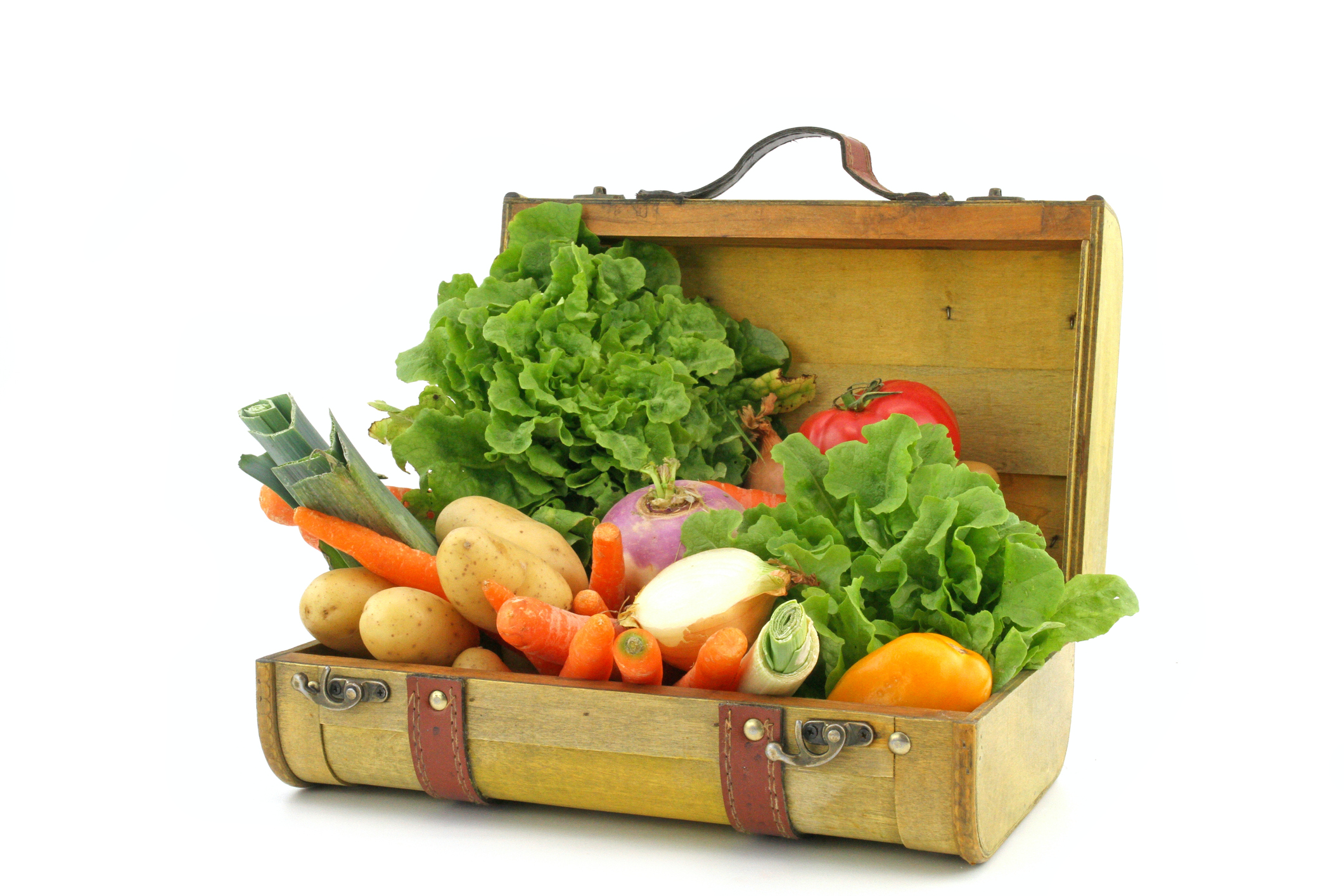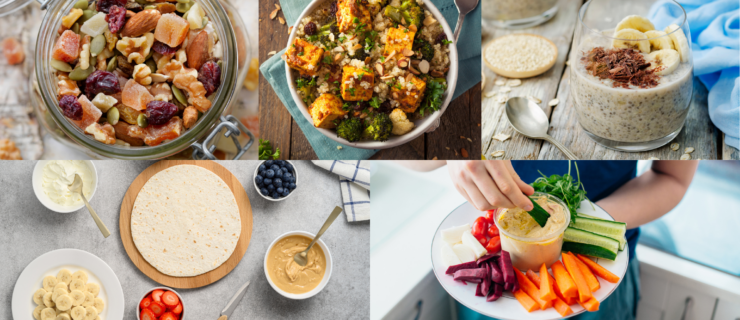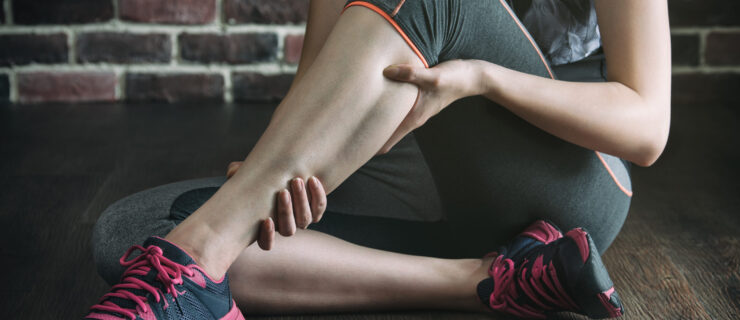Eating on Tour: How to Make Sure You’re Properly Nourished on the Road
Touring is both exciting and stressful. It’s an opportunity to travel to new places, and to perform in new theaters and for new audiences. But it can also be challenging when it comes to nutrition. Depending on where you travel and the intensity of your schedule, you may have limited food available. Ensuring that you have proper sustenance to fuel your body for performances and endure the stress of long trips, little sleep, and different environmental conditions, is essential. Packing nutritious, nonperishable items and preparing your body beforehand is the best way to guarantee you will always have healthy and accessible food on hand.
What to Pack
When packing food, you are usually limited to the space available in your suitcase. Be intentional with the items you decide to bring, focusing on nonperishables. While you may steer away from packaged foods in your daily life, they take up little space in your suitcase and stomach, and they are often calorie-dense. Especially while touring, you don’t want to fall behind in your calorie intake.
Marie Scioscia, nutritionist for The Ailey School and author of Eat Right Dance Right, suggests focusing on the three main macronutrients—carbohydrates, fat, and protein—when choosing foods to pack. This combination will provide optimal physical support before, during, and after dancing.
Examples of packable, nonperishable foods include:
- Instant oatmeal, using hot water if available and safe to drink (carbohydrates)
- Rice cakes (carbohydrates)
- Granola/cereal bars with under 3 grams of sugar (carbohydrates)
- Dried fruits and nuts (fat/protein)
- Boxes of shelf-stable milk (fat/protein)
- Crackers and pretzels (carbohydrates)
- Nut-butter packets (fat/protein)
- Protein powder with no more than 30 grams of protein per serving (fat/protein)
If you have access to a grocery store while traveling and have a refrigerator at your disposal, you can supplement your nonperishables with fresh fruits, vegetables, dairy products, and other protein sources.
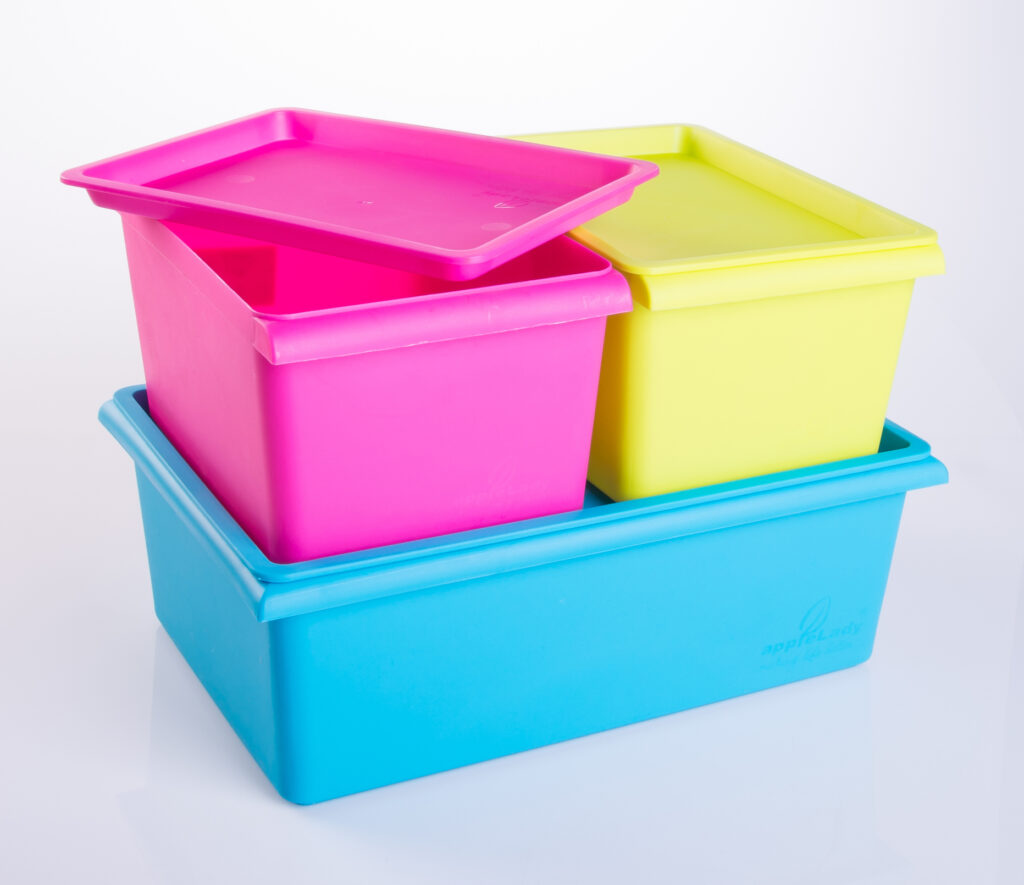
Other important items to pack: portable storage containers and plastic bags. They will come in handy if you are at a hotel with a buffet breakfast. This is an optimal time to load up on fresh and more substantial food to eat later. (And besides, granola bars and protein shakes are bound to get boring very quickly.) Whatever your schedule may be, prioritize having a well-rounded breakfast to fuel yourself for the busy day ahead.
Prepare Your Body in Advance
“For any athlete, traveling brings up a lot of challenges,” says Val Schonberg, a registered dietitian who is board-certified in sport dietetics and works with both Atlanta Ballet and the Atlanta Dream WNBA team (which has a rigorous travel schedule). This is especially true when changing your food intake. Schonberg recommends experimenting ahead of time with different foods you’ll be eating on tour. “You need to practice eating these foods before you travel,” she says, especially because digestion varies from dancer to dancer. What works for one may not for another.
Once you have a number of potential snacks/meals laid out that you could pack with you, practice eating these foods before class or rehearsal and see how your body reacts. Do you find yourself hungry during the day? Do you have enough energy in class and rehearsals? Are you experiencing indigestion? These are all questions that you want answers to before your tour, so you can make any adjustments if needed.
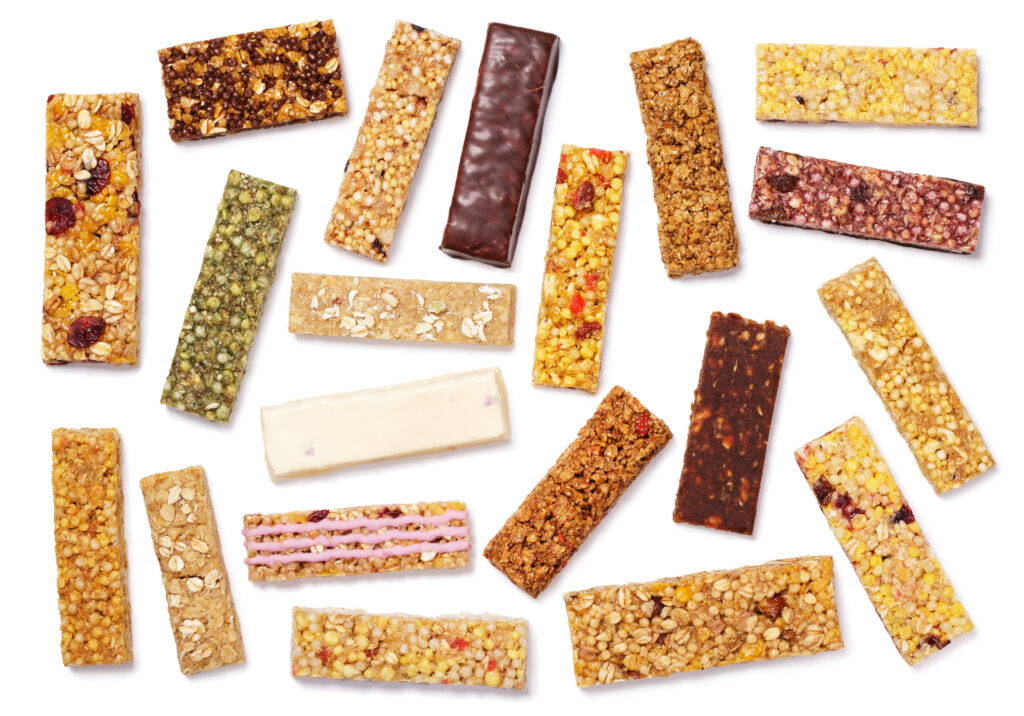
The Risks of Not Being Properly Fueled
You don’t want to find yourself in a position where you’re hungry and without food while on the road. Undernourishment, nutritionists say, can lead to a greater chance of injuries. “Dancers work really hard to build the musculature that is needed to dance,” says Schonberg. “So when dancers undereat, it is super-easy to lose muscle, because muscle is the easiest to convert to blood sugar if needed during starvation.”
In addition, not having enough food in your system affects your natural recovery process after each show, meaning your body is never able to fully regenerate itself for the next day. Denying your body a chance to fully recover for days on end can also lead to injury. Additionally, dancers are at a greater risk of getting sick. “Not eating enough suppresses digestion, and the gut doesn’t function correctly, affecting the immune system,” says Scioscia. While she recommends packing a probiotic for gut health while touring, it doesn’t replace eating a balanced diet consumed consistently throughout the day.
Even with meticulous planning, a suitcase of nonperishable foods is never going to compare to freshly cooked meals that you regularly eat at home. And the reality is it’s never going to be perfect. But by planning ahead you can provide your body with the correct nutrients it needs to stay healthy and perform at its best.
